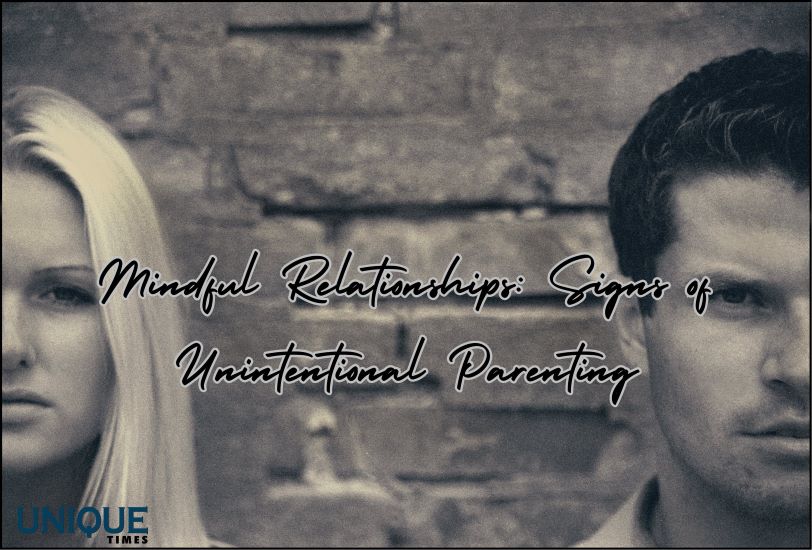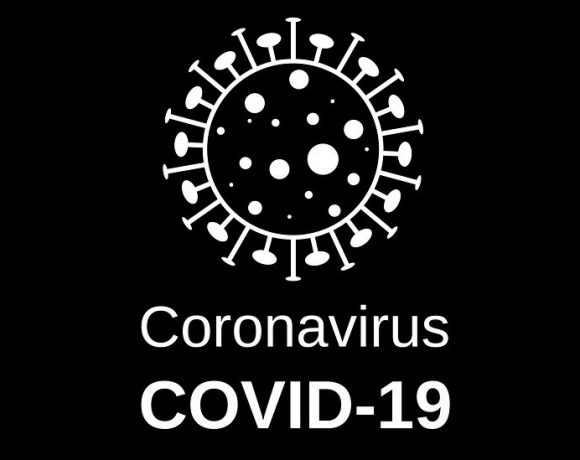Navigating Relationship Dynamics: Signs You Might Unintentionally Parent Your Partner

In the intricate dance of relationships, it’s not uncommon for subtle power dynamics to emerge. One such dynamic is unintentional parenting within a romantic partnership. Recognizing these signs is crucial for fostering equality and maintaining a healthy connection. Here are key indicators to be mindful of in your relationship:
1. Taking on a Caretaker Role: If you find yourself consistently taking on the role of caretaker—making decisions, organizing schedules, or managing day-to-day tasks—reflect on whether this dynamic is balanced or if it leans towards a parent-child relationship.
2. Offering Constant Guidance: While offering guidance and support is natural in relationships, constant direction or correction may indicate unintentional parenting. Allow your partner space for independent decision-making and growth.
3. Assuming Financial Control: If you consistently control financial matters without open communication and mutual decision-making, it can create an unintentional parent-child dynamic. Collaborate on financial decisions to ensure shared responsibility.
4. Overlooking Personal Boundaries: Respecting each other’s boundaries is crucial in a healthy relationship. If you find yourself consistently crossing into your partner’s personal space without their express invitation, it may signal a parenting dynamic.
5. Lack of Open Communication: Healthy relationships thrive on open and honest communication. If your interactions resemble giving orders or receiving compliance rather than engaging in open dialogue, it’s essential to reassess communication patterns.
6. Emotional Dependence: While emotional support is vital, a relationship should not be one-sided. If your partner consistently relies on you for emotional regulation without seeking additional support, it might lead to an unintentional parent-child dynamic.
7. Making Decisions Unilaterally: Collaborative decision-making is a hallmark of a healthy relationship. If you find yourself making significant choices without consulting your partner or vice versa, it may indicate an imbalance in the partnership.
8. Lack of Independence: Encouraging personal growth and independence is crucial for a thriving relationship. If one partner is unintentionally restricting the other’s autonomy, it can hinder personal development.
9. Excessive Criticism: Constant criticism or a patronizing tone can create an environment resembling a parent scolding a child. Constructive feedback is essential, but it should be balanced with encouragement and understanding.
10. Ignoring Your Partner’s Input: Valuing each other’s opinions and input is fundamental in a partnership. If one person consistently dismisses or ignores the other’s suggestions, it may indicate an unintentional parenting role.
Recognizing and addressing these signs can pave the way for healthier relationship dynamics. Open communication, mutual respect, and shared responsibilities contribute to a partnership built on equality and understanding. Be mindful of these subtle cues to foster a connection that thrives on mutual growth and support.
Picture Courtesy: Google/images are subject to copyright








